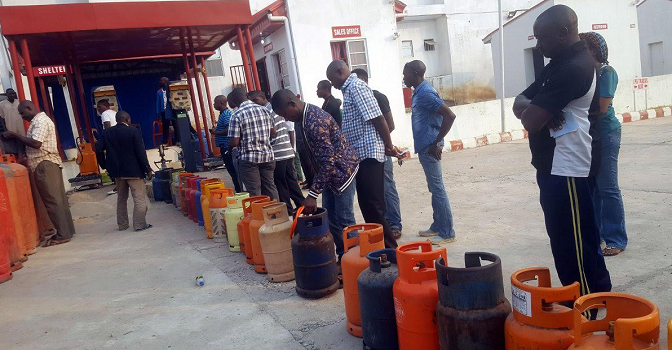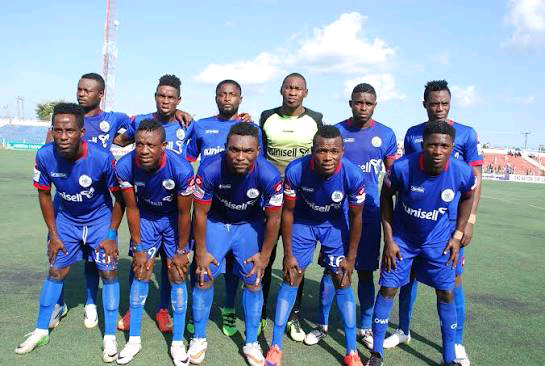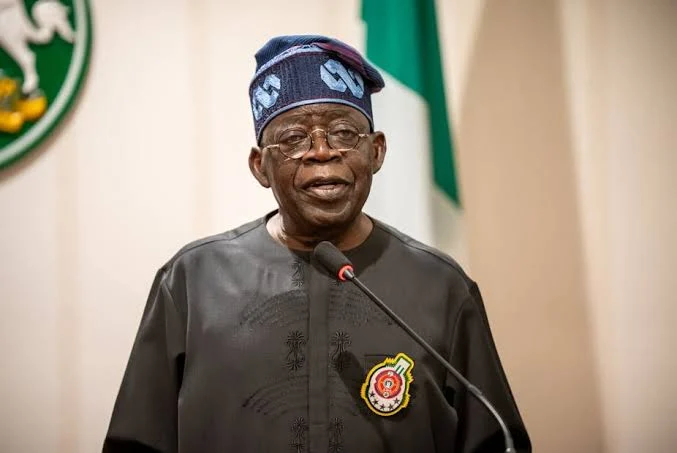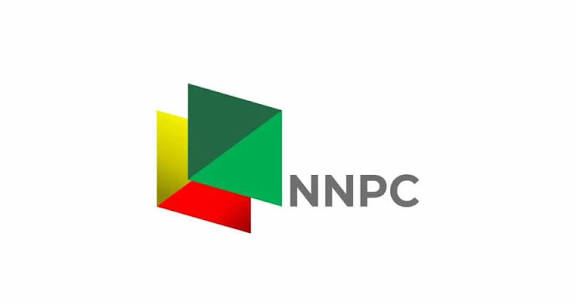Cooking Gas Prices Surge Nationwide as Supply Disruptions Trigger Temporary Scarcity

Nigerians are grappling with another sharp rise in the price of cooking gas, with a kilogram now selling for as high as ₦2,000, and in some areas, reportedly up to ₦3,000, following weeks of supply disruptions.
Despite the spike, the Nigerian Association of Liquefied Petroleum Gas Marketers (NALPGAM) has clarified that there has been no official price increase.
The association attributed the surge to opportunistic market practices and temporary shortages caused by recent industrial actions in the petroleum sector.
NALPGAM’s National President, Oladapo Olatunbosun, disclosed this on Wednesday during an interview on Channels Television’s The Morning Brief.
“I sympathise with Nigerians as the President of NALPGAM because we never intended to have a situation like this,” Olatunbosun said.
“I must say it categorically that prices of cooking gas have not gone up. No increment has been done officially. What is happening is that some marketers are taking advantage of the shortage in supply and the market forces that have increased demand. They are cashing up to make good money, which is wrong. We frown at this as an Association, and I’m happy that by the grace of God, normalcy will return in the next few days.”
He explained that the current shortage followed the strike action by the Petroleum and Natural Gas Senior Staff Association of Nigeria (PENGASSAN) against the Dangote Refinery, which slowed production and disrupted truck loading.
“Before the strike, when you load from Dangote, he sends out about 50 trucks per day, which is good because it served the South West and some parts of the North well,” Olatunbosun said.
“Dangote came in with his own strategy, selling directly to offtakers. That made importation not to be attractive. You won’t be able to compete if you import because you are likely to incur losses. But at a time, Dangote also commenced renovation/maintenance, which affected loading.
Trucks started spending like 14 days at Dangote yard before they could get products. So, marketers switched to Apapa, and nobody felt the impact.”
He added that while the refinery was undergoing maintenance, marketers turned to Apapa depots for supplies, but the subsequent PENGASSAN strike halted vessel discharges and inspections, leading to empty stocks.
“When Dangote finished renovation, and we were about to commence full loading, the strike came in,” he explained.
“Although Dangote didn’t stop production, everybody had rushed to Apapa, and it was now out of product, and all the depots there were dry. The only vessel that came in from NOJ axes was meant to supply three depots could not berth because of the strike.
And even when it berthed, the officers to inspect it weren’t on the ground because of the strike, and that caused about five days’ loss, and the real impact of the backlog became obvious.”
Olatunbosun said the supply backlog worsened scarcity, particularly in the South-West, which accounts for the highest consumption of Liquefied Petroleum Gas (LPG) in the country.
He noted that national consumption has risen from about 1.2 million metric tonnes three years ago to nearly two million metric tonnes, further straining supply during disruptions.
Channels Television reported that LPG prices, which previously averaged between ₦1,200 and ₦1,300 per kilogram, have climbed to between ₦1,700 and ₦2,000 in many areas.
Olatunbosun described the price surge as “artificial and temporary,” assuring consumers that normal supply would resume soon.
He advised Nigerians to buy directly from registered gas plants rather than third-party vendors to avoid inflated prices.
“If you buy a product from a third party, fourth party, the chain has been extended, then the price is going up, which is quite illegal,” he said.
“Just like you buy petrol on the road from people who carry kegs, they will sell it at exorbitant prices. So if you go to gas plants, the price you can buy today is ₦1,300 maximum. People who are claiming to buy gas at ₦1,700 did not disclose the source of their purchase.
If you are buying from a third or fourth party, then the prices increase. But if you buy from gas bottling plants, my members, you will not buy as high as that.
Average price within my members in Southwest today is between ₦1,000 to maximum of ₦1,300, depending on the location and the kind of overhead they incur to get the gas into the plant.”
Before the temporary disruption, Olatunbosun said, gas plants sold LPG between ₦950 and ₦1,050 per kilogram.
He assured that NALPGAM is collaborating with relevant authorities to stabilise the market and restore normal pricing nationwide.









